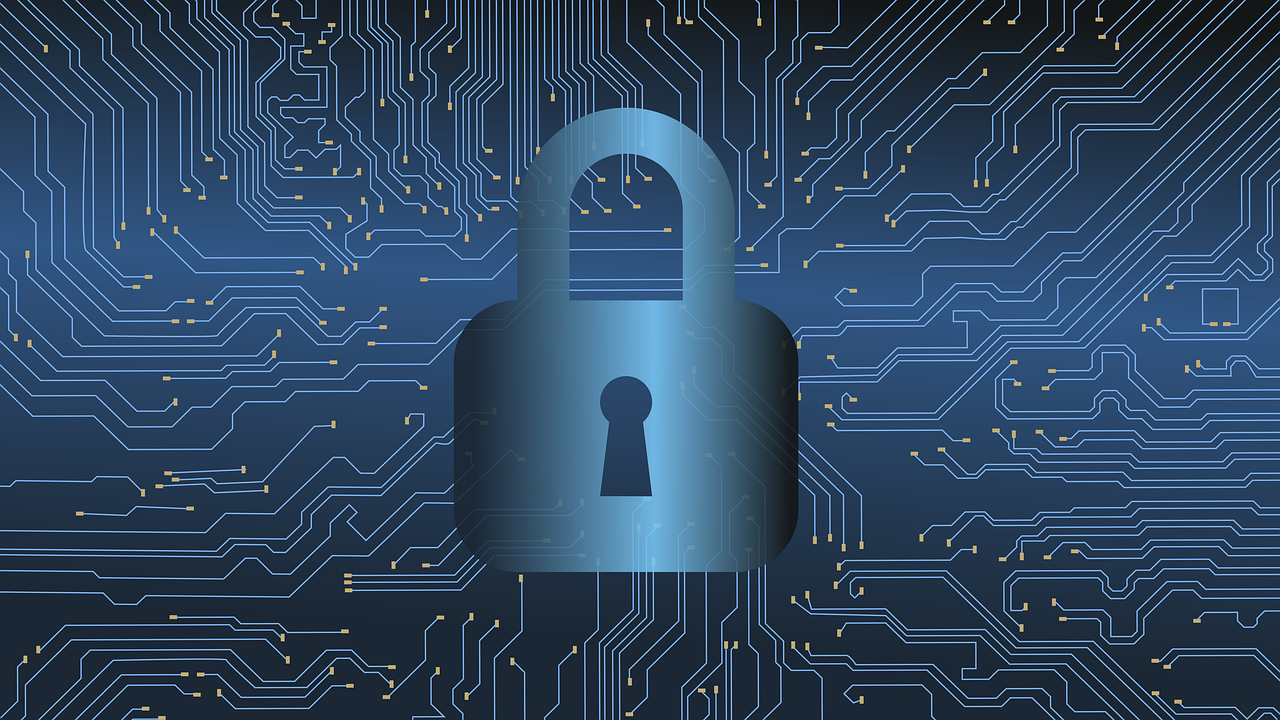This is not a usual article with list of products to choose from, today we want to talk about being safe on the internet. Being online is second nature for many of us and we spend a lot of time surfing the net, social media and making purchases online. In this day and age when everything is just a click away, it is especially important to think about your identity, data safety and privacy.

How does this affect a regular Joe?
Everyone spending significant time online is aware of malicious websites, email scams of all sorts (Nigerian scams, Inheritance scams and many others), but for some reason a lot of people still get hooked, for the sake of greed or lack of knowledge. If you think you are not affected, never say never, there are some very clever ways to get you on the hook and still look legit. So even if you are super cautious, don't click on email links you have never requested and send strangers your personal details there is still something you need to be aware of.

Identity theft and fraud
Online identity is one of the faster growing type of crime in US and around the globe. The one we are going to pay attention to is High-Tech theft, which can be split to these types:
- Phishing - is a form of email scam, which tricks you into a landing page or a simple form, sole purpose of which is to collect your personal information (name, email, credit card details etc). This could be a regular email passing all the fancy Gmail inbox filters and even look reasonable. Get a free ebook, or feedback request. Something that won't look suspicious and raise your inner red flag
- Hacking - usually in a form of scanning your computer, laptop and even mobile phone in order to get remote access to it. So that convenient free Wi-Fi hotspot you are using for free, could be actually listening to you traffic and dropping an eye on something you would rather keep secure
- Imposing - that is pretending somebody or act behalf of somebody without being authorised to do so. All the fake social profiles, or that Gas company letter, which has a tiny bit different email address, which you have missed are only a fraction of examples and thanks to human nature they do tend to work pretty well
- Pharming - a bogus website, which is identical to a well known brand. And if you think it is hard to fake domain name and you can easily spot the difference, think again. Back to the free Wi-Fi router example. Which could easily intercept your request to a local bank or e-commerce company and steal your legit username/password, before sending you a original website is totally possible
- Remote access - all those less tech savvy users, who need a hand of technical support and using special applications to give remote access to fix their issue are at risk. If you wonder how this happens in real life, take a look at this great example on YouTube, when scammers are hit back.
- Malware - malicious software is not something you would install on purpose of course, but it won't look like one. Most likely those loving free software will download a copy outside of monitored and checked app stores online, only to find out (some actual never spot a difference) their favourite software is sending a data elsewhere.
There are ways to protect myself right?
The are common sense rules to follow and being informed of what could happen will greatly reduce your risk of getting scammed for sure. Also today and average user has at least 2 devices to look after (your phone and laptop) and even if you use Anti-Virus software and update it on a regular basis, there is still a chance you can miss a thing or two, simply because we don't think about safety first when online.
If you are always careful and update your knowledge of new ways of scam and fraud online there is a good chance you do this for a living. For all the rest of us out there it would be far more convenient to have a bit of a hand in a form of service, which would take your safety to a new level.
For those based in United States, you can give a try to IDENTITYIQ service, which offers a 7 day trail.
Final thoughts
It is important to remember, that when it comes to data protection, privacy and safety online users are the weakest part and no clever system will make you super safe if you keep going things you shouldn't. Your data is your responsibility and a great source of revenue for those trying to steal it. Online safety is a process and a habit all of us should include in everything we do online. All the tools and software is more of a safety net if things go wrong. So keep your data and identity safe and let your online presence be secure.
